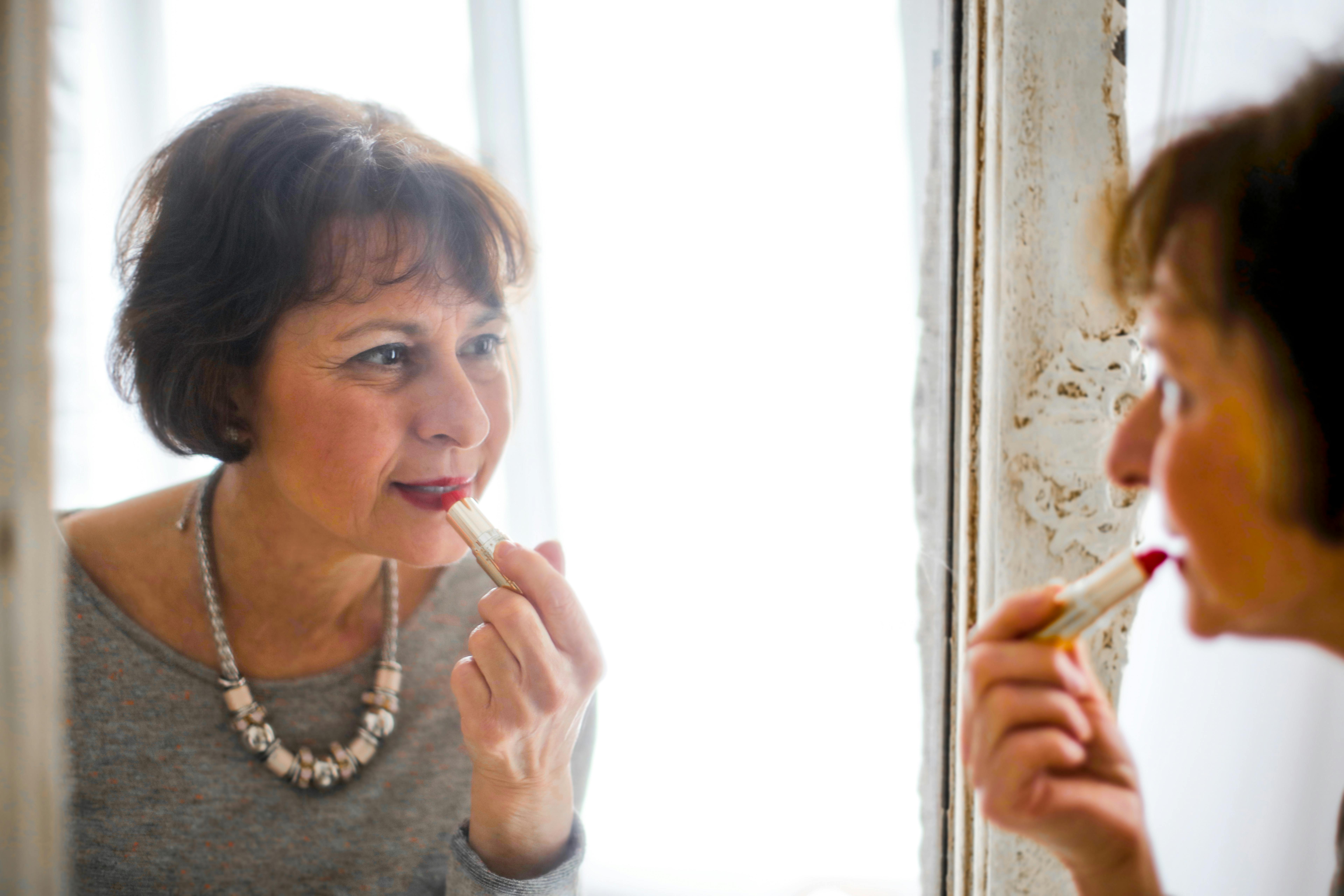New Clinical Trial Supports Evidence that Consuming Soy Can Benefit Skin Health

Postmenopausal women who consumed soy protein saw a decrease in skin wrinkling severity and pigment intensity and an increase in hydration—all beneficial effects.
With the value of the global anti-aging market projected to reach $72.06 billion by 2027, it is important that healthcare professionals are aware of the range of diet and lifestyle modifications that offer natural and accessible pathways to help patients achieve a more youthful appearance.
Results of a recent clinical study support a connection between soy food consumption and skin health in post-menopausal women.
The Study and Key Findings
A peer-reviewed study conducted by scientists from Integrative Skin Science and Research in Sacramento, California, commissioned by Soy Nutrition Institute (SNI) Global, and funded by the United Soybean Board, found postmenopausal women who consumed 30 grams of soy protein daily for six months experienced a decrease in wrinkle depth and pigmentation and an increase in skin hydration.
Researchers randomized the study participants into two groups: one consumed soy protein daily and the other an equivalent amount of casein, which is the predominant protein in cow’s milk. Neither the study participants nor the researchers were aware of which group consumed which protein until the results were analyzed.
Researchers found that members of the group that consumed soy protein experienced improvement in their skin’s wrinkles, pigmentation, and hydration. A breakdown of key findings is as follows:
Wrinkle Reduction: Women in the soy group experienced a significant reduction in wrinkle severity. By weeks 16 and 24, wrinkle severity decreased by -4.8% and -6.5%, respectively, compared to casein group.
Pigmentation Improvement: Pigment intensity was significantly reduced in the soy group compared to the casein group, with a 2.5% reduction observed at week 24.
Hydration Enhancement: Among women in the soy group, skin hydration increased by 39% in the left cheek and 68% in the right cheek, compared to measurements at the beginning the trial. No improvements were noted in the casein group.
Soy Isoflavones Play a Key Role
A reduction in wrinkles and improvements in skin’s pigmentation and hydration are likely the result of soybeans being a significant source of isoflavones, naturally occurring plant compounds found in common soy foods, including soy milk and tofu.
In addition to supporting a growing body of evidence of a correlation between consumption of soy foods and skin health, this study is significant because results can be easily replicated through simple diet modification. The amount of isoflavones women consumed for this study can be found in just two servings of soy foods, such as two cups of soymilk or one cup of tofu.
The health benefits of soy foods go beyond cosmetic, particularly for the patient population. Evidence suggests that soy can alleviate menopausal hot flashes and may improve memory in older women. In addition, the amount of soy protein provided in this study has been extensively tested and (consistently) demonstrated to support heart health by lowering blood cholesterol levels.
Soy foods are widely available, affordable, and versatile, making eating more soy foods a relatively accessible lifestyle modification that yields significant health benefits. Healthcare professionals looking to encourage patients to incorporate more soy foods into their diet can direct them to resources including the Soy and Sustainable Nutrition brochure and the Recipes section of the Soy Connection website.